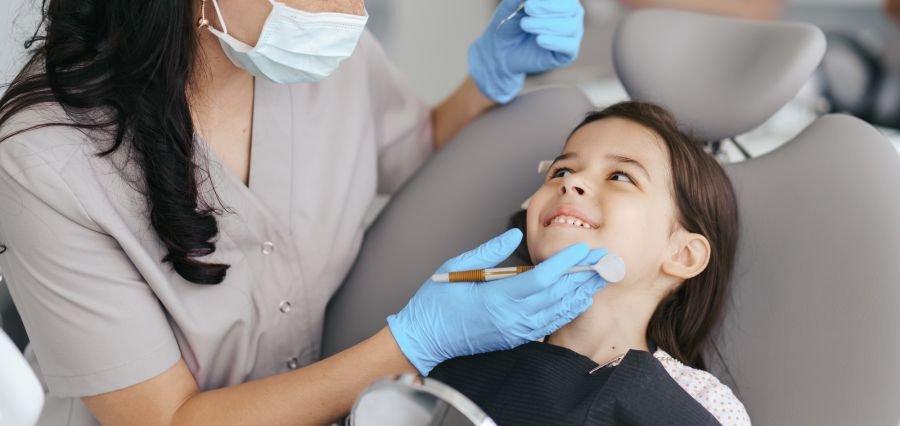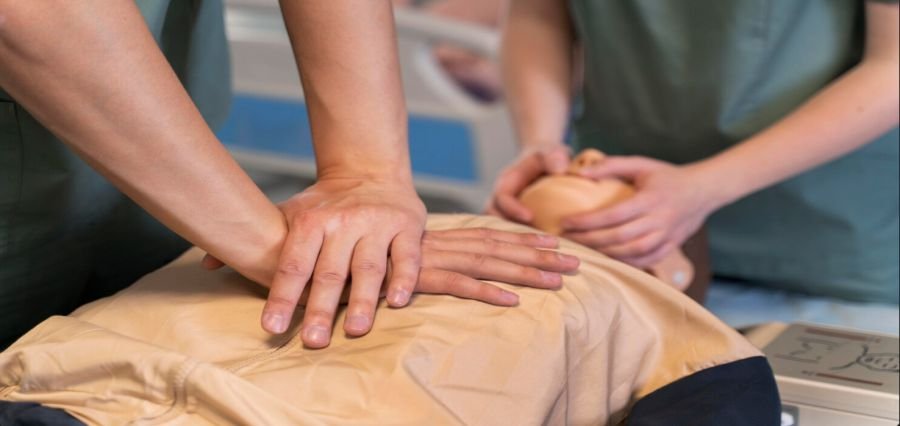Trauma can have a profound impact on teenagers, affecting their emotional and psychological well-being. It is essential to address trauma effectively to help teens heal and develop resilience. Mental health professionals employ various techniques to support teens in their recovery journey. Here are some of the most effective strategies.
Understanding Trauma in Teens
Trauma in teenagers can result from a wide range of experiences, such as abuse, neglect, the loss of a loved one, accidents, or witnessing violence. The signs of trauma in teens can include behavioral changes, mood swings, anxiety, depression, or difficulties in school. Recognizing these signs is the first step in providing the necessary support.
Trauma-Focused Cognitive Behavioral Therapy (TF-CBT)
One of the most widely used evidence-based treatments for trauma in teens is Trauma-Focused Cognitive Behavioral Therapy (TF-CBT). This therapy combines cognitive-behavioral techniques with trauma-sensitive interventions to address distorted thoughts and behaviors related to the traumatic experience.
In TF-CBT, several components are involved. Psychoeducation helps teens and their families understand trauma and its effects. Relaxation techniques teach coping skills to manage stress and anxiety. Affective expression encourages teens to identify and express their emotions. Cognitive processing addresses and restructures negative thoughts about the trauma. Finally, the trauma narrative allows teens to create a detailed account of the traumatic event, helping them process and integrate the experience.
Eye Movement Desensitization and Reprocessing (EMDR)
Another effective trauma treatment is Eye Movement Desensitization and Reprocessing (EMDR). This structured therapy involves the therapist guiding the teen to focus on traumatic memories while simultaneously experiencing bilateral stimulation, such as side-to-side eye movements. EMDR helps desensitize traumatic memories and integrate them into the teen’s broader life story, reducing the distress associated with the memories and helping reframe negative beliefs.
Mindfulness and Meditation
Mindfulness practices can significantly benefit teens dealing with trauma. These practices help teens become more aware of their thoughts and feelings in a non-judgmental way, which can reduce the impact of traumatic stress. Techniques such as deep breathing, progressive muscle relaxation, and guided imagery help teens stay grounded in the present moment, reducing anxiety and improving emotional regulation.
Art and Play Therapy
Art and play therapy can be highly effective for younger teens or those who have difficulty expressing themselves verbally. These therapies use creative activities to help teens process their emotions and experiences. Art therapy allows teens to express their feelings through drawing, painting, or sculpting, providing a non-verbal outlet for trauma. Play therapy uses toys and games to help younger teens express their feelings and work through traumatic experiences in a safe and supportive environment.
Narrative Therapy
Narrative therapy focuses on helping teens reshape their narratives by separating their identity from their problems. This approach encourages teens to view their trauma as a story that does not define them. Through discussions and writing exercises, teens can reframe their experiences and develop a more empowered sense of self.
Supportive Counseling and Talk Therapy
Supportive counseling and talk therapy provide a safe space for teens to discuss their feelings and experiences with a trusted professional. These sessions focus on building a strong therapeutic relationship, offering empathy, and providing emotional support. This type of therapy helps teens feel heard and validated, which can be crucial for their healing process.
Family Therapy
Family therapy involves working with the entire family to address trauma’s impact on family dynamics and relationships. This approach helps improve communication, resolve conflicts, and build a supportive home environment. By involving the family, therapists can address systemic issues and help the family develop strategies to support the teen’s recovery.
Group Therapy
Group therapy allows teens to connect with peers who have had similar experiences. These sessions provide a sense of community and reduce feelings of isolation. Teens can share stories, learn from others, and build social support networks in a group setting. Group therapy teaches valuable social skills and coping mechanisms through shared experiences and activities.
Talk With Your Teen to Improve Their Wellbeing
Addressing trauma in teens requires a comprehensive approach that considers each individual’s unique needs and experiences. Mental health professionals and teen counselors use techniques to help teens heal and build resilience, including TF-CBT, EMDR, mindfulness practices, art and play therapy, narrative therapy, supportive counseling, family therapy, and group therapy. By providing the right support and interventions, we can help teens navigate their trauma and move towards a healthier, more hopeful future.
Read More: Click Here










